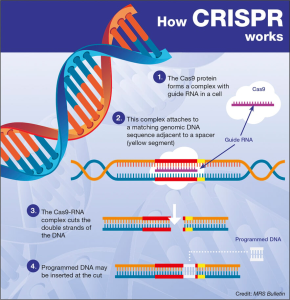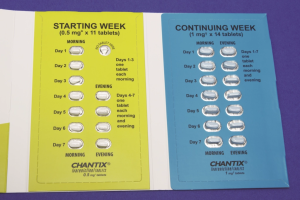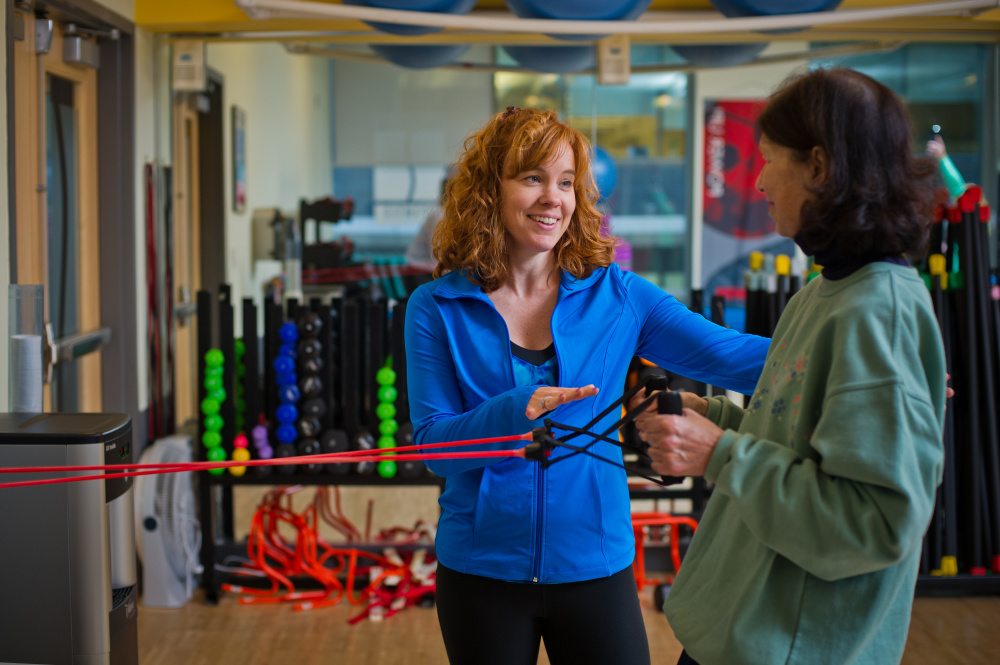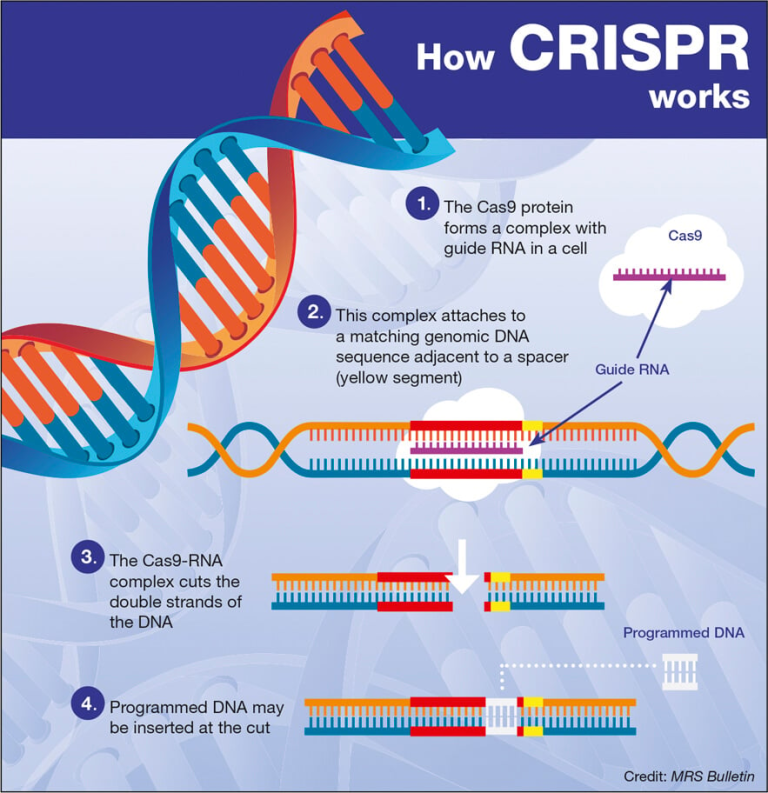Exercise colon cancer survivors can significantly enhance their quality of life and long-term survival prospects through regular physical activity after treatment. Research from Dana-Farber Cancer Institute reveals that engaging in physical activity can close the survival gap between these patients and the general population, a finding that highlights the importance of exercise in colon cancer treatment. As colon cancer remains a primary cause of cancer-related mortality globally, adopting an active lifestyle emerges as a vital strategy for those in recovery. The study found that patients with higher activity levels exhibited better survival rates compared to those with low activity, emphasizing how vital exercise benefits cancer survivors can be. Taking steps towards a more active routine could ultimately lead to improved health outcomes for colon cancer survivors, paving the way for a longer, healthier life.
For individuals who have battled bowel cancer, staying active post-recovery plays a crucial role in improving health outcomes. Physical engagement not only boosts overall well-being but also significantly impacts long-term survival rates for cancer survivors. This correlation between exercise and enhanced survival suggests that even minimal physical activity can make a difference in patients’ lives. By understanding the advantages of maintaining an active lifestyle, survivors can take proactive measures in their post-treatment journey. Exploring the connection between physical fitness and improved prognosis underscores the necessity for cancer survivors to integrate exercise into their daily routines.
The Impact of Exercise on Colon Cancer Survival Rates
Regular exercise plays a pivotal role in improving survival rates for colon cancer patients. Recent studies indicate that post-treatment physical activity significantly narrows the survival gap between colon cancer sufferers and healthy individuals in similar demographics. This finding highlights the crucial impact of physical activity—particularly for stage 3 colon cancer survivors, who often face a daunting prognosis. Evidence suggests that the more active patients are following treatment, the better their chances of longer-term survival, making exercise a critical component of the recovery journey.
Notably, patients who maintained high activity levels of 18 MET-hours or more per week enjoyed survival rates closely aligned with the general population, thereby indicating a remarkable potential for exercise to enhance outcomes for colon cancer survivors. Conversely, those with low activity levels exhibited significantly decreased survival rates, underscoring the importance of incorporating physical activity into post-treatment care. Therefore, adopting a consistent exercise routine is vital for improving overall health and survival for colon cancer patients.
Benefits of Exercise for Colon Cancer Patients Post-Treatment
Engaging in physical activity provides several benefits for colon cancer survivors, not just regarding survival rates but also in enhancing quality of life. Exercise helps to mitigate the side effects of cancer treatments, such as fatigue, depression, and loss of strength. By incorporating regular workouts into their routines, survivors can experience improved energy levels, better mood stability, and a greater overall sense of well-being. This holistic approach to recovery often results in higher motivation to maintain healthy lifestyles.
Moreover, exercise benefits extend beyond physical improvements. Many cancer survivors report enhanced emotional resilience and social engagement through group activities or supportive exercise classes. These social connections can further contribute to improved mental health, reinforcing the connection between physical activity and emotional stability during recovery. Thus, exercise serves as a powerful tool not only for combating physical impairments but also for fostering psychological well-being among colon cancer survivors.
### Why Exercise Should Be a Priority for Colon Cancer Survivors
Prioritizing physical activity after a colon cancer diagnosis should become a fundamental aspect of a survivor’s recovery plan. The research indicates that even minimal activity—such as a 10- to 20-minute daily walk—can yield substantial survival benefits. This emphasizes that every bit of effort contributes positively to long-term outcomes, encouraging patients to make exercise a habit, no matter their fitness level.
Implementing an exercise regime can be quite flexible, allowing for tailored routines that align with the personal preferences and physical capacities of each patient. For example, individuals may explore low-impact options like yoga or swimming, which can accommodate various fitness backgrounds while still effectively enhancing physical activity. By integrating movement into their daily lives, colon cancer survivors position themselves towards not only enhanced survival rates but also improved post-treatment health.
Understanding Low vs. High Activity Levels in Cancer Survival
A critical observation from the research is the stark contrast in survival rates between patients who engage in low activity levels versus those who achieve higher daily movement goals. The data reveals a measurable effect: colon cancer survivors who lead sedentary lifestyles are at a much higher risk for poorer outcomes and increased mortality. In comparison, those with high activity levels—at least surpassing the threshold of 18 MET-hours per week—demonstrate survival rates that are comparable to healthy individuals, thus highlighting the undeniable impact of regular exercise on longevity.
Furthermore, even in cases where recurrence occurs, the study illustrates that active patients still outperform their low-activity peers significantly. This suggests that the benefits of regular exercise extend beyond maintaining remissions, potentially allowing patients to face challenges with more resilience. Hence, addressing physical activity as a key component of post-treatment guidelines for colon cancer patients is essential for improving their overall prognosis and encouraging sustained lifestyle changes.
Incorporating Exercise into Cancer Treatment Plans
To maximize the benefits of exercise for colon cancer survivors, integrating physical activity into conventional treatment plans is essential. This could include flexible prescriptions from healthcare providers that motivate patients to remain active throughout their recovery phases. Survivors may benefit from supported programs that guide them on how to introduce physical activity effectively, helping them to overcome barriers such as fatigue or lack of motivation post-treatment.
Additionally, healthcare professionals can encourage patients by providing resources and connections to community exercise programs specifically designed for cancer survivors. By fostering an environment where exercise is viewed as a critical part of cancer recovery, patients might feel more empowered to embrace physical activity and enjoy its numerous health benefits. Such initiatives will not only pave the way for increased survival rates but also encourage a proactive approach to health management in colon cancer survivors.
Long-Term Health Benefits of Sustained Physical Activity
The long-term health benefits associated with sustained physical activity for colon cancer survivors are remarkable. Regular exercise can help prevent additional health complications synonymous with cancer treatments, including cardiovascular diseases and obesity. Being active influences metabolic rates and bolsters immunity, factors that are crucial for cancer patients. Incorporating a long-term physical activity strategy might lead to a healthier lifestyle that can prevent other chronic conditions.
Additionally, sustained physical activity can significantly improve metabolic health, reduce inflammation, and enhance the body’s overall resilience. This sets the foundation not only for surviving cancer but for living a more robust and fulfilling life afterwards. Therefore, understanding the importance of exercise within the broader framework of post-cancer life encourages survivors to value and invest in their health actively.
Navigating Barriers to Exercise After Treatment
Despite the known benefits, many colon cancer survivors encounter barriers that hinder their ability to engage in regular physical activity. These obstacles may include physical limitations due to treatment side effects, psychological factors like anxiety or depression, and a lack of access to suitable exercise resources. Identifying and addressing these barriers is crucial to help survivors initiate and maintain a successful exercise routine that can significantly impact their recovery.
Healthcare providers play a critical role in overcoming these barriers by offering tailored recommendations and referring patients to rehabilitation programs designed for cancer survivors. Furthermore, resources such as online support groups and local community exercise classes can empower individuals to become active participants in their health journey. By fostering supportive environments, survivors can transform challenges into opportunities for growth and healing in their post-cancer lives.
Creating Sustainable Exercise Routines for Cancer Survivors
Establishing sustainable exercise routines is vital for colon cancer survivors aiming to maximize their long-term health outcomes. Success lies in creating a personalized plan that aligns with individual preferences, limits, and schedules. It is essential for survivors to start their journey gradually, integrating short bursts of physical activity into their daily lives—such as walking during breaks or opting for stairs instead of elevators.
Moreover, tracking progress and celebrating small milestones can serve as motivating factors that bolster a survivor’s commitment to maintaining an active lifestyle. Encouraging flexibility in routines—allowing for adjustments based on energy levels and comfort—ensures that patients remain engaged without feeling overwhelmed or discouraged. Fostering a holistic approach to exercise as a routine helps colon cancer survivors thrive over time, rather than merely endure.
The Role of Support Systems in Encouraging Exercise
Support systems play a critical role in fostering exercise habits among colon cancer survivors. Friends, family, and health care providers can motivate individuals to stay active post-treatment, acting as accountability partners who encourage and reinforce healthy behaviors. Community support groups and exercise classes specifically designed for cancer survivors can create a nurturing environment that normalizes physical activity and fosters social connections.
Additionally, discussing exercise goals with healthcare providers can lead to tailored recommendations and ongoing support throughout the recovery process. Encouragement from peers who share similar experiences can also inspire survivors to engage in physical activity, turning it from a burden into a group endeavor, showcasing the collective power of community resilience in tackling the challenges of post-cancer life.
The Future of Exercise Research in Cancer Treatment
As research continues to evolve, the future of exercise interventions in cancer treatment looks promising. Ongoing studies aim to define optimal exercise prescriptions that cater to the diverse needs of cancer patients, with particular focus on specific types of cancer, including colon cancer. By examining various forms of physical activity, health experts are likely to uncover tailored strategies that can maximize cancer treatment outcomes and overall well-being.
The integration of exercise into standard oncological care can foster a better understanding of how physical activity influences cancer biology, treatment responses, and recovery trajectories. As new evidence emerges, healthcare providers are likely to adopt exercise as a staple component of survivorship care, resulting in improved health outcomes for colon cancer survivors and a greater quality of life.
Frequently Asked Questions
How does exercise benefit colon cancer survivors post-treatment?
Exercise plays a crucial role in the recovery of colon cancer survivors by improving long-term survival rates. Regular physical activity helps to close the gap between survival rates of cancer patients and the general population. Studies indicate that survivors who engage in more physical activity post-treatment tend to have a significantly better outlook compared to those who remain sedentary.
What types of physical activity are recommended for colon cancer survivors?
Colon cancer survivors are encouraged to incorporate moderate to vigorous physical activity into their routine. Activities such as walking, cycling, swimming, or strength training are beneficial. Aim for at least 18 MET-hours of exercise per week, which translates to roughly an hour of activity most days. Even short sessions of 10 to 20 minutes can provide benefits, particularly if longer sessions are challenging.
Can exercise affect survival rates in patients with recurring colon cancer?
Yes, exercise can have a profound impact even in cases of recurring colon cancer. Research shows that survivors who maintain higher activity levels exhibit survival rates that are significantly better compared to inactive patients. For instance, those engaging in regular exercise demonstrate lower survival disparities and can experience improved outcomes even after recurrence of their cancer.
Is there a specific amount of exercise that colon cancer survivors should aim for to maximize benefits?
Colon cancer survivors should aim for at least 18 MET-hours of physical activity each week. This level of activity can markedly enhance survival rates and potentially align them with those of individuals in the general population. However, any amount of exercise is better than none, so starting with manageable increments like 10-20 minutes can still yield positive effects.
How do survival rates compare between colon cancer survivors who are active versus those who are not?
Survival rates for active colon cancer survivors are significantly better than for those who are inactive. Studies have shown that survivors reporting high levels of physical activity (18 MET-hours or more per week) had survival rates only slightly below the general population, while those with low activity levels faced much greater survival disparities.
What role does post-treatment physical activity play in managing colon cancer?
Post-treatment physical activity is essential for colon cancer survivors as it enhances overall health and reduces the risk of recurrence. Engaging in regular exercise has been linked to better long-term survival outcomes and can help bridge the gap in survival rates compared to the general population, making it a vital component of a survivor’s recovery plan.
Are there risks associated with exercise for colon cancer survivors?
While exercise is generally safe and beneficial, colon cancer survivors should consult with their healthcare provider before starting any new exercise regimen. They should consider individual fitness levels, treatment histories, and any specific health concerns to tailor an exercise program that is safe and effective for their circumstances.
| Key Points | Details |
|---|---|
| Exercise Importance | Regular physical activity can enhance survival rates for colon cancer survivors. |
| Impact on Survival | High activity levels significantly reduce the survival gap between cancer patients and the general population. |
| Clinical Trials | The study analyzed data from two major trials focusing on stage 3 colon cancer survivors. |
| Active Patients’ Outcomes | Patients with high activity levels had overall survival rates up to 50.5% higher compared to those with low activity. |
| Exercise Recommendations | Even short bouts of exercise (10-20 minutes) can be beneficial for cancer survivors. |
Summary
Exercise colon cancer survivors can significantly benefit from regular physical activity, especially post-treatment. Research has demonstrated that engaging in exercise not only boosts survival rates but also helps align these rates closer to those of the general population. Even low levels of physical activity can enhance survival outcomes, making exercise a crucial component of recovery and long-term health for colon cancer survivors.









